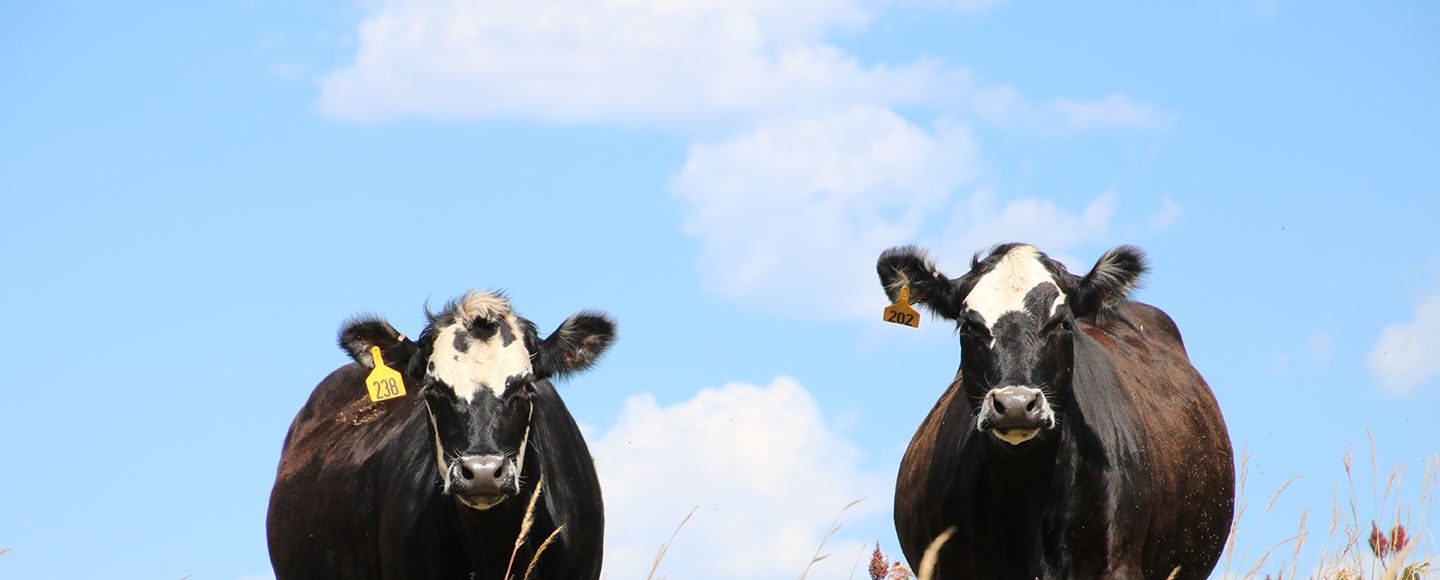
The Kansas Department of Agriculture Division of Animal Health (DAH) has confirmed cases of vesicular stomatitis virus (VSV) in horses located in Butler County. The infected horses live on different private residences in south central Kansas.
When clinical signs were first identified on a premises in Butler County, DAH contacted veterinarians in the region to alert them of the possibility of VSV, which led to additional suspect cases in the area. Upon receiving the laboratory confirmation, DAH established a quarantine on the three affected premises. DAH has tested a number of other animals in the region, which are showing clinical signs consistent with VSV, and are awaiting final laboratory testing.
“Protecting the health and safety of horses and other livestock in Kansas is our highest priority,” said Kansas Animal Health Commissioner Justin Smith. “We encourage all livestock owners across Kansas to be aware of the clinical signs of VSV and follow best practices to limit exposure to insects. Livestock owners should take extra precautions to limit exposure to other animals.”
VSV primarily affects horses, but cattle, sheep, goats, swine, llamas and alpacas also are susceptible. In horses, VSV typically is characterized by lesions on the muzzle, lips, ears, coronary bands, or ventral abdomen. Other clinical signs include fever and formation of blister-like lesions in the mouth and on the dental pad, tongue, lips, nostrils, ears, hooves and teats. The primary method of transmission is biting insects like black flies, sand flies and midges. It also can be spread by nose-to-nose contact between animals.
Anyone who suspects animals may have the virus should contact their local veterinarian or state animal health official, as VSV is considered a reportable disease in Kansas. Premises with animals diagnosed with VSV are quarantined for at least 14 days after the last animal is diagnosed. For questions, call DAH at (785) 564-6601.